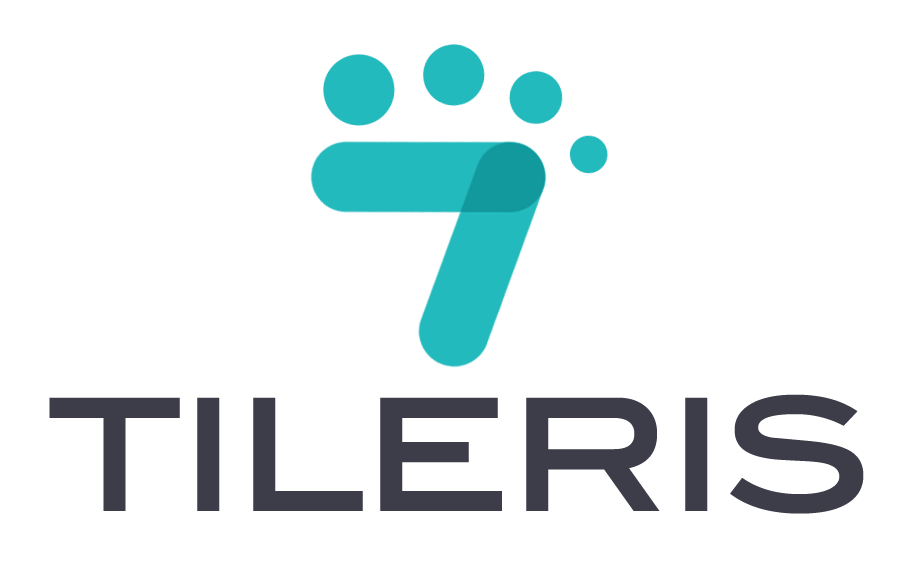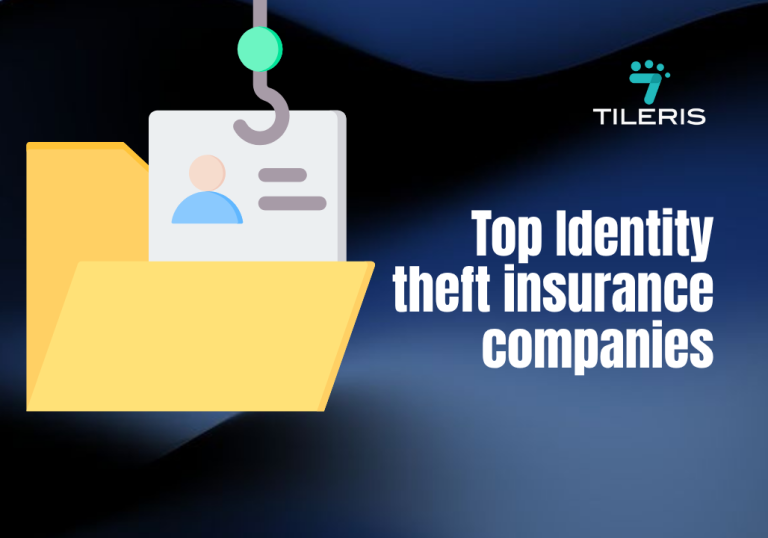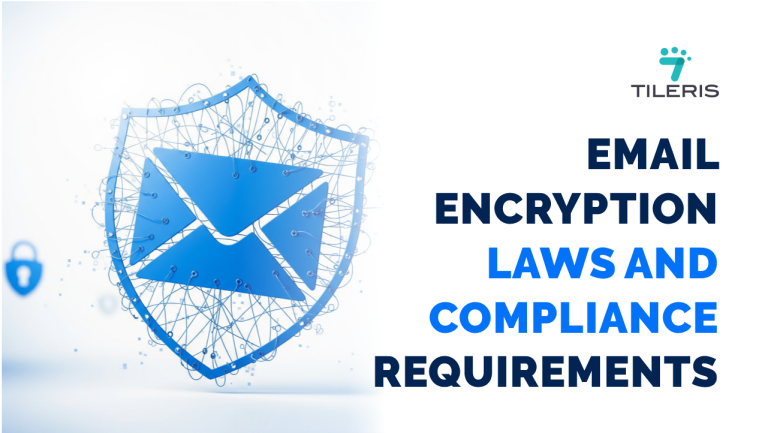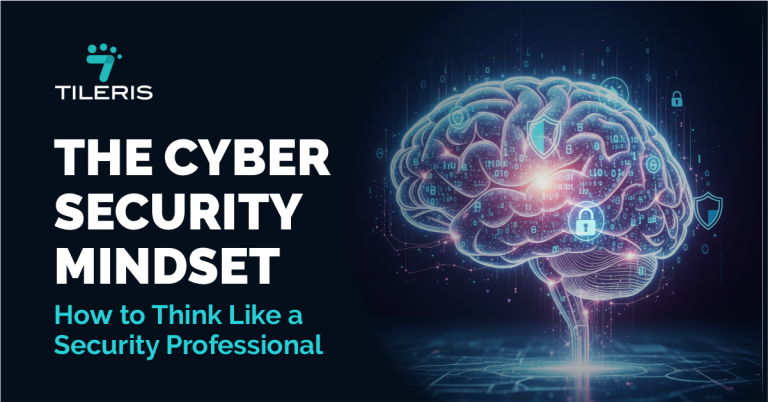This is the Toughest Cybersecurity Job to Get – Here’s why
Introduction
In the rapidly evolving landscape of digital security, one position stands above all others as the toughest cybersecurity job to secure the the cybersecurity sphere: the Chief Information Security Officer (CISO). While the cybersecurity industry faces a shortage of 3.5 million professionals globally, the CISO role represents the pinnacle of difficulty when it comes to landing a position. This analysis explores why the Chief Information Security Officer (CISO) position is universally recognized as the toughest cybersecurity job in the industry and what makes it so exceptionally challenging to obtain.
Understanding the CISO Role
The Chief Information Security Officer (CISO) position embodies the toughest cybersecurity job for numerous compelling reasons. Unlike other cybersecurity roles that focus on specific technical aspects, the CISO must master an unprecedented combination of technical expertise, business acumen, leadership capabilities, and strategic vision. This convergence of requirements creates barriers that make it the toughest cybersecurity job to qualify for and obtain.
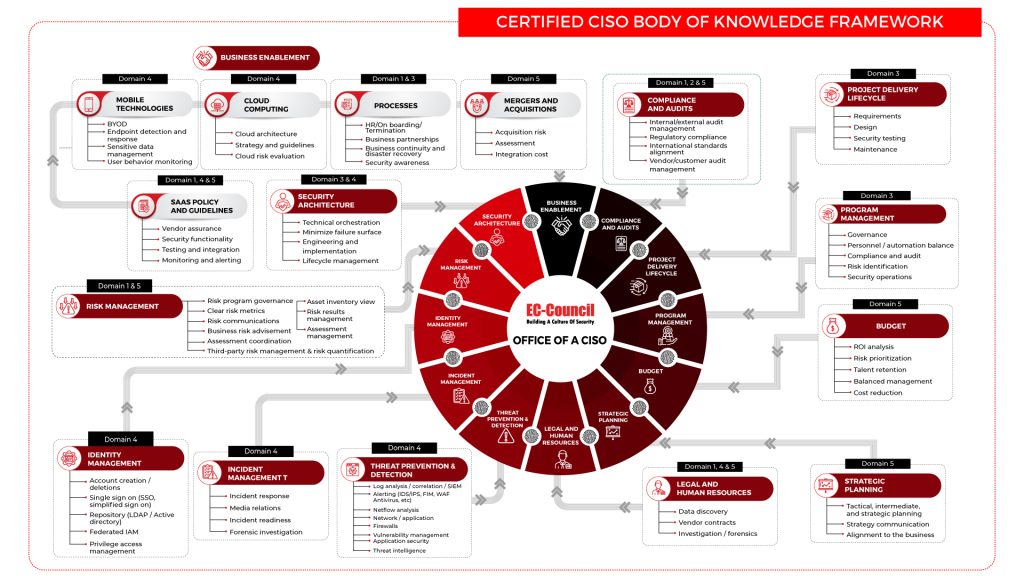
https://www.eccouncil.org/wp-content/uploads/2023/12/CISO-Role-Overview-22-Dec.jpg
The toughest cybersecurity job which is the Chief Information Security Officer (CISO) demands mastery across multiple technical domains simultaneously. CISOs must possess deep understanding of the following, which make them standout and qualify to be the toughest job to get in cybersecurity:
Network Security Architecture: The Chief Information Security Officer (CISO) must have a complete comprehension of TCP/IP networking, the OSI 7-layer model, and advanced networking security protocols. This includes expertise in next-generation firewalls, intrusion detection systems, and network segmentation strategies.
Cloud Security Frameworks: With organizations increasingly adopting multi-cloud strategies, CISOs must understand Amazon Web Services (AWS), Azure, Google Cloud Platform security models, containerization security, and serverless architecture vulnerabilities.
Emerging Technology Integration: This toughest cybersecurity job; Chief Information Security Officer (CISO) requires staying ahead of artificial intelligence threats, blockchain security implications, Internet of Things (IoT) vulnerabilities, and quantum computing’s impact on cryptographic systems which constantly put them on their toes and ahead of others.
Regulatory Compliance Mastery: CISOs must navigate complex regulatory landscapes including GDPR, HIPAA, SOX, PCI-DSS, and industry-specific compliance requirements while ensuring organizational adherence.
The Experience Requirement Challenge
What makes this role the Chief Information Security Officer (CISO) the toughest cybersecurity job is the extensive experience requirement that creates a significant barrier to entry. Most organizations require what can be said as long span of experience and highest intelligence:
- Minimum 10-15 Years of Progressive Experience: Other cybersecurity positions may accept 3-5 years of experience on average but, the CISO role demands extensive background across multiple security disciplines and vast array of knowledge.
- C-Suite Leadership Experience: Many organizations specifically require previous executive-level experience, creating a circular challenge where you need executive experience to get executive experience.
- Industry-Specific Knowledge: Healthcare CISOs need healthcare security expertise, financial services CISOs require banking security knowledge, making it the toughest cybersecurity job due to industry specialization requirements for a particular field of interest.
- Crisis Management Proven Track Record: Organizations want CISOs who have successfully managed major security incidents, breach responses, and crisis communications.
Educational and Certification Barriers
The Chief Information Security Officer (CISO) role which is acclaimed the toughest cybersecurity job has educational requirements that far exceed other cybersecurity positions:
Advanced Degree Requirements
Master’s Degree Preference: While other cybersecurity roles may accept bachelor’s degrees, CISO positions increasingly prefer Master’s degrees in Cybersecurity, Information Systems, or MBA with technology focus.
Continuous Learning Mandate: The toughest cybersecurity job requires staying current and up-to-date with rapidly evolving threats, technologies, and regulations through continuous professional development.
Premium Certification Portfolio
The Chief Information Security Officer (CISO) demands multiple high-level certifications:
CISSP (Certified Information Systems Security Professional): Often considered the minimum baseline certification for CISO roles.
CISA (Certified Information Systems Auditor): Essential for understanding audit processes and regulatory compliance.
CISM (Certified Information Security Manager): Demonstrates information security management and governance expertise.
CISSP Concentrations: Advanced certifications like CISSP-ISSAP (Architecture Professional) or CISSP-ISSEP (Engineering Professional) add significant value.
Cloud-Specific Certifications: AWS Certified Security – Specialty, Microsoft Azure Security Engineer, Google Cloud Professional Cloud Security Engineer.
The Business Acumen Requirement
What truly makes Chief Information Security Officer (CISO) the toughest cybersecurity job is the requirement to bridge technical security expertise with sophisticated business understanding:
Financial Management Expertise
Budget Planning and Management: CISOs must create, justify, and manage multi-million-dollar security budgets while demonstrating return on investment.
Risk Quantification: Converting technical risks into business language and financial impact assessments that board members and executives can understand.
Vendor Management: Negotiating complex security technology contracts, managing vendor relationships, and conducting security assessments of third-party providers.
Strategic Business Integration
Business Process Understanding: The Chief Information Security Officer (CISO) requires a deep understanding of how security decisions impact business operations, revenue generation, and competitive positioning.
Digital Transformation Leadership: Leading security aspects of digital transformation initiatives while enabling business innovation rather than hindering it.
Stakeholder Management: Building relationships across all organizational levels, from technical teams to board members, requiring exceptional communication and political skills.
The Leadership and Communication Challenge
The Chief Information Security Officer (CISO) has become the toughest cybersecurity job becuase it demands leadership capabilities that extend far beyond technical management:
Executive Communication Skills
Board-Level Presentations: The Chief Information Security Officer (CISO) must have the ability and capacity to present complex security concepts to non-technical board members in compelling, actionable formats.
Crisis Communication: Leading communications during security incidents, managing media relations, and coordinating with legal teams and regulatory bodies is another undeniable charateristics of Chief Information Security Officer (CISO).
Cross-Functional Collaboration: Working effectively with legal, human resources, finance, operations, and marketing teams on security-related initiatives.
Team Building and Development
Talent Acquisition in Competitive Market: The Chief Information Security Officer (CISO) includes responsibility for building security teams in a market where cybersecurity professionals are in extremely high demand.
Succession Planning: Developing next-generation security leaders within the organization while managing team retention challenges.
Cultural Change Management: Implementing security-conscious culture changes across large organizations, often requiring significant change management expertise.
Market Competition and Salary Expectations
The Chief Information Security Officer (CISO); our toughest cybersecurity job comes with intense competition and high salary expectations that create additional barriers:
Limited Position Availability
One CISO Per Organization: Unlike other cybersecurity roles where organizations may employ multiple professionals, there’s typically only one CISO position per company.
Executive Turnover Rates: CISO positions have historically high turnover rates, but when positions become available, competition is fierce among qualified candidates.
Geographic Limitations: Many CISO positions require physical presence in specific locations, limiting opportunities for remote candidates.
Compensation Expectations
High Salary Ranges: CISO positions command salaries typically ranging from $200,000 to $500,000+ annually, plus significant bonus structures and equity packages.
Comprehensive Benefits: The toughest cybersecurity job often includes executive-level benefits, board positions, and significant professional development budgets.
Performance Accountability: High compensation comes with equally high performance expectations and personal accountability for organizational security posture.
The Risk and Liability Factor
What makes this the toughest cybersecurity job is the personal and professional risk involved:
Personal Liability Exposure
Legal Liability: CISOs may face personal legal liability for security failures, regulatory violations, or inadequate security practices.
Professional Reputation Risk: Security breaches can significantly impact a CISO’s professional reputation and future career prospects.
Board and Executive Scrutiny: Constant scrutiny from boards, executives, and stakeholders regarding security decisions and organizational risk posture.
Career Impact Considerations
High-Visibility Failures: When security incidents occur, CISOs are often the public face of organizational response, creating significant career risk.
Industry Reputation: The cybersecurity community is relatively small, and CISO performance becomes widely known within professional networks.
Continuous Pressure: The toughest cybersecurity job involves constant pressure to prevent incidents while enabling business operations and growth.
Industry-Specific Challenges
The Chief Information Security Officer (CISO) role becomes even more challenging when considering industry-specific requirements, such as the:
Healthcare CISOs
HIPAA Compliance Complexity: Healthcare CISOs must navigate complex patient privacy regulations while securing increasingly digital healthcare environments.
Life-Critical Systems: Security decisions directly impact patient care systems, creating additional ethical and legal considerations.
Legacy System Integration: Many healthcare organizations operate legacy systems that create unique security challenges.
Financial Services CISOs
Regulatory Density: Financial services CISOs must comply with numerous overlapping regulatory frameworks including SOX, PCI-DSS, and banking-specific regulations.
High-Value Target Status: Financial institutions are prime targets for sophisticated threat actors, requiring exceptionally robust security programs.
Real-Time Transaction Security: Balancing security with the need for real-time financial transaction processing.
Government and Defense CISOs
Security Clearance Requirements: Many government CISO positions require high-level security clearances that take months or years to obtain.
Classification Level Management: Understanding and implementing security controls for classified information systems.
Nation-State Threat Focus: Defending against sophisticated nation-state actors with advanced persistent threat capabilities.
The Path to CISO Success
Despite being the toughest cybersecurity job to obtain, there are proven pathways to eventually securing a Chief Information Security Officer (CISO) position.
Progressive Career Development
Technical Foundation Building: Starting with technical roles in network security, incident response, or security architecture to build foundational expertise.
Management Experience Acquisition: Progressing through security management roles such as Security Manager, Security Director, or Deputy CISO positions.
Cross-Functional Experience: Gaining experience in related areas such as risk management, compliance, audit, or business continuity planning.
Strategic Skill Development
Business Education: Pursuing MBA programs or executive education to develop business acumen and strategic thinking capabilities.
Industry Involvement: Active participation in professional organizations such as ISACA, (ISC)², and industry-specific security groups.
Thought Leadership: Developing industry recognition through speaking, writing, and contributing to cybersecurity thought leadership.
Networking and Mentorship
Professional Network Development: Building relationships with current CISOs, board members, and executive recruiters specializing in cybersecurity leadership.
Mentorship Relationships: Establishing mentorship relationships with experienced CISOs who can provide guidance and potentially recommend opportunities.
Executive Search Firm Relationships: Developing relationships with executive search firms that specialize in placing cybersecurity executives.
Salary and Compensation Analysis
The toughest cybersecurity job commands compensation packages that reflect the role’s complexity and responsibility:
Base Salary Ranges
Small to Mid-Size Organizations: $150,000 – $250,000 annually for CISOs at smaller organizations or those new to the role.
Large Enterprise Organizations: $250,000 – $400,000 annually for experienced CISOs at Fortune 500 companies.
Specialized Industries: $300,000 – $500,000+ annually for CISOs in highly regulated industries such as financial services or healthcare.
Total Compensation Packages
Performance Bonuses: Annual bonuses typically ranging from 20% to 50% of base salary based on security program performance metrics.
Equity Compensation: Stock options or equity grants, particularly valuable in publicly traded companies or high-growth organizations.
Executive Benefits: Comprehensive benefit packages including executive health plans, retirement contributions, and professional development budgets.
Future Outlook and Trends
The toughest cybersecurity job continues to evolve with changing technology and threat landscapes:
Emerging Skill Requirements
Artificial Intelligence and Machine Learning: CISOs must understand AI/ML security implications, both for defense and as potential attack vectors.
Zero Trust Architecture: Deep understanding of zero trust security models and implementation strategies across enterprise environments.
Privacy by Design: Incorporating privacy considerations into all security architecture and technology decisions.
Evolving Organizational Expectations
Board Cyber Fluency: As board members become more cyber-literate, CISOs must elevate their strategic communication and business integration capabilities.
Quantified Risk Management: Increasing expectation for CISOs to provide quantified risk assessments and return on security investment calculations.
Business Enablement Focus: Shifting from security as a cost center to security as a business enabler and competitive differentiator.
Professional Development Resources
For professionals aspiring to the toughest cybersecurity job, several resources can accelerate career development:
Educational Institutions
Leading universities offer specialized cybersecurity leadership programs designed for aspiring CISOs. The SANS Institute provides comprehensive cybersecurity career guidance and advanced training programs specifically targeting cybersecurity leadership roles.
Professional Organizations
ISACA: Offers CISA and CISM certifications specifically valuable for CISO career development.
(ISC)²: Provides CISSP certification and advanced security leadership resources.
Executive Networks: Organizations such as the Executive Security Network provide networking opportunities specifically for cybersecurity executives.
Industry Publications and Research
Staying current with cybersecurity trends through authoritative sources is essential for the toughest cybersecurity job. Professional publications, threat intelligence reports, and industry analysis help CISOs maintain the broad knowledge base required for executive-level security leadership.
Conclusion
The Chief Information Security Officer role unquestionably represents the toughest cybersecurity job to secure in today’s market. The convergence of extensive technical requirements, significant business acumen demands, leadership expectations, and personal liability creates barriers that few cybersecurity professionals can overcome. However, for those who successfully navigate the challenging path to CISO-level leadership, the role offers unparalleled opportunities to shape organizational security strategy, drive business value, and lead the cybersecurity profession forward.
The toughest cybersecurity job continues to evolve as organizations recognize the strategic importance of cybersecurity leadership. Future CISOs will need to master emerging technologies, navigate increasing regulatory complexity, and demonstrate measurable business value while maintaining the technical depth and leadership capabilities that make this role the pinnacle of cybersecurity career achievement.
For cybersecurity professionals aspiring to reach this level, the path requires dedication, continuous learning, strategic career planning, and exceptional persistence. While it remains the toughest cybersecurity job to obtain, the rewards – both professional and financial – justify the significant investment required to achieve CISO-level success in the cybersecurity industry.
Understanding why the CISO position is the toughest cybersecurity job helps professionals make informed career decisions and develop the comprehensive skill sets necessary to eventually compete for these elite positions. As the cybersecurity industry continues to mature and expand, the demand for exceptional CISO leadership will only increase, making this challenging career path increasingly valuable for dedicated cybersecurity professionals.
To take your cybersecurity to the next level, proceed to downloading our free security checklist, it’s packed with simple steps to help you stay protected online. And for more contents like this just head over to tileris.com.
If you’re looking for more hands-on support or more cyber security contents like this contact us, you can also request a free consultation with our AI agents, our experts are ready to guide you. Or, if you’d rather see how Tileris works in real time, go ahead and request a demo through our contact form.
